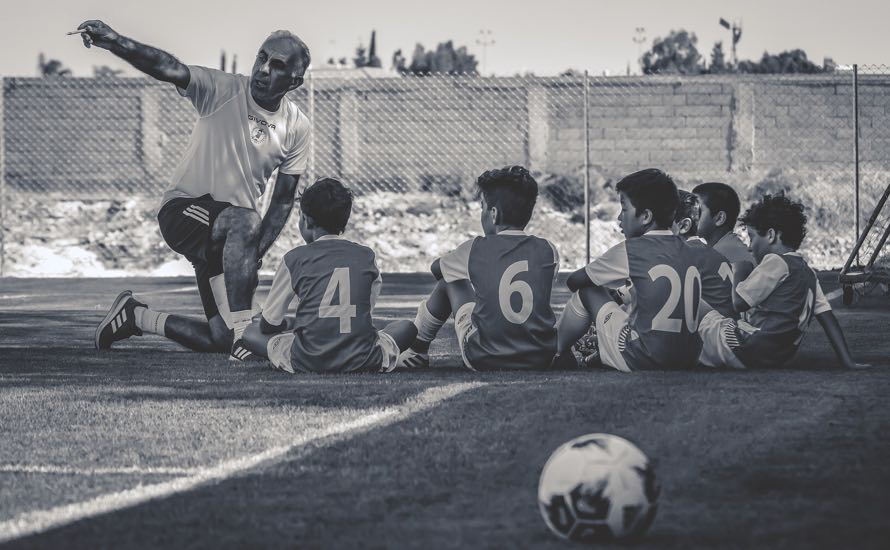The ability to learn faster has become a more valuable asset as the amount of knowledge produced continues to grow on a daily basis. When starting a new position, you will need to learn the technical skills and background knowledge to perform on the job. During these transition periods there is a large knowledge gap which you must focus on closing if you want to become a top performer. You will be continually building your toolkit to bank new skills and industry knowledge to a point where you can independently and reliably deliver value on each project.
Knowledge acquisition has compounding effects. The more you learn the better you become at acquiring new information. The value of increasing your competencies and capabilities is obvious. What’s not always obvious is what to learn and how to go about doing so in order to gain maximum short-term results and long-term benefits.
For simplicity, we can break down learning into two buckets – self-learning and directed learning. In this post, we will focus on the latter as it can have unexpected and impressive results if done with intention.
What to learn
The first and most important task is to identify a focus for your learning. This involves identifying a topic and describing what you already know, things you think you should know, and leaving room for things you don’t know that you don’t know. The rule of thumb that I use to help me decide what to focus on is that the new information, knowledge, or skill must have an immediate impact in the present as well as the potential to compound in the future.
Making decisions with this mindset helps to make the content relevant and interesting, and helps to focus attention on the most important and impactful areas. Another way to think about it is if you look back on what you learned in high school or college, how much of the content do you actually remember and how much of it do you still use today? Generally, the most important things stick around and the rest gets forgotten.
Learning from others
If you express interest in a topic and share your goals with other people, the outcomes can be surprising and rewarding. If you can articulate the desired outcome others can often help you to formulate a plan to achieve your goal.
I experienced this multiple times when networking with people about consulting. By sharing my goals and asking a few general questions I was able to gain insights from others based on their experience. A good example of this was when someone recommended the app “fishbowl” to learn more about consulting firms. I doubt I would have come across this app on my own and it is not a name that describes something I would have thought to search for. Yet it has proven helpful to me and I have passed along this knowledge to others who are in a similar situation.
Non-intuitive and difficult to find content can really make a difference to your learning and the opportunities that become available to you. You could spend hours trying to find and evaluate which resources are worth your time or you could instead identify people who have already achieved goals that you aspire to and ask them about their journey and the resources they used. This same concept is why word-of-mouth advertising is such a powerful tool since you trust the people who have used the product and get a story from them that you can relate to.
Being coachable
To really learn the most from others requires you to have a coachable mindset. This includes asking for help, being open to other people’s opinions, accepting feedback, and then using what you learn to craft your own methods.
Don’t procrastinate when it comes to asking for help. Ask early and often to ensure that you are on the right track to complete the task at hand and that you are building a relationship with the person who is helping you.
When receiving help try to engage with the person as much as possible by asking questions about both the technical and conceptual parts of the process. It’s important not only to gain new skills but also to get the thought process behind the skill. As you move towards becoming independent ask for feedback to help evaluate your performance, identify areas for improvement, and benchmark yourself against top performers.
It can be rewarding for a mentor to help someone but it can be equally challenging. Maintaining an open dialogue around your performance can help both parties to identify the next step that needs to be taken.
Mentoring and coaching others
As you gain more experience and transition to the teacher role you will need to develop your own style of coaching. Remember the qualities of your past coaches and learn from your peers who are in a similar situation. The transition from apprentice to master can happen faster than you think. As you progress from analyst to consultant you will already be in a position to coach others.
Try to identify teachable moments and anticipate the needs of the learner. This can be as simple as having a quick conversation to see how the learner is approaching the problem or providing an extra resource to help deepen their knowledge.
Coaching and being coachable is one of the fastest ways to improve your understanding of a topic and to help others grow as well. You can start by looking for small opportunities on a weekly basis to engage with your team and to become 1% better in the area you are trying to improve.
Andrew Kuczmarski is a PhD candidate at the University of Delaware whose passion lies at the intersection of science and business.
Image: Pixabay
